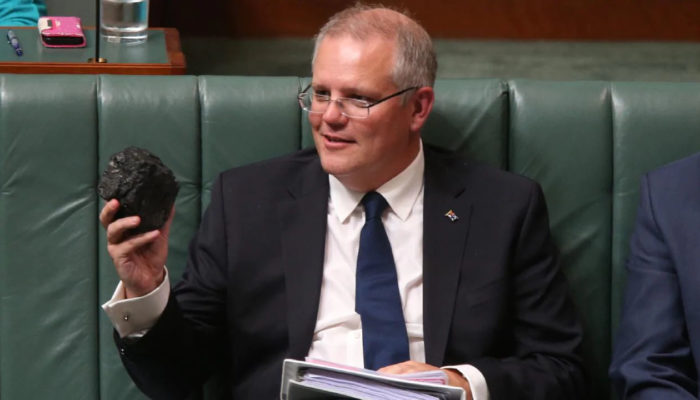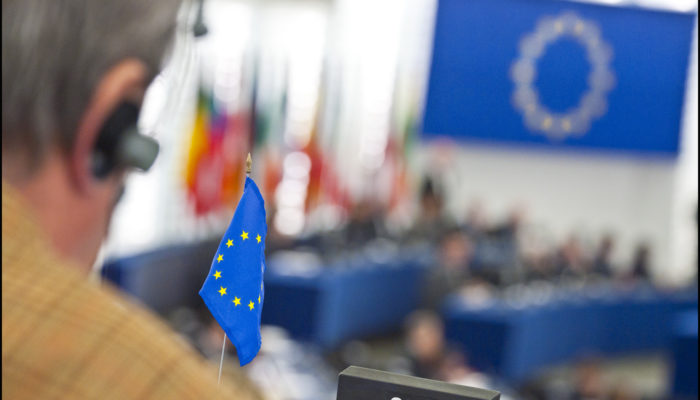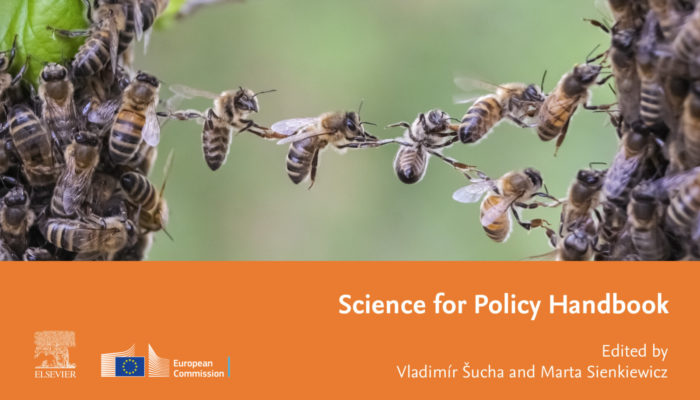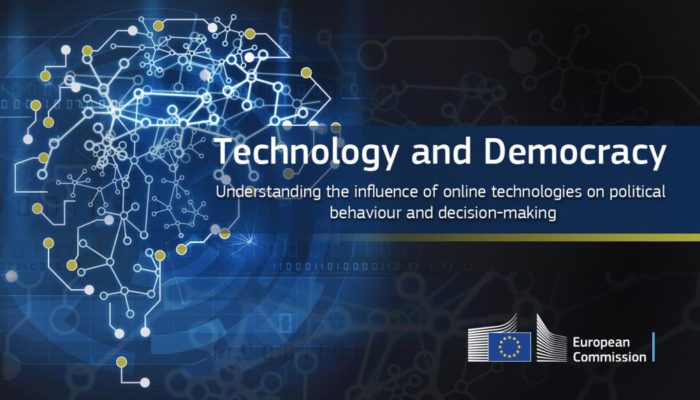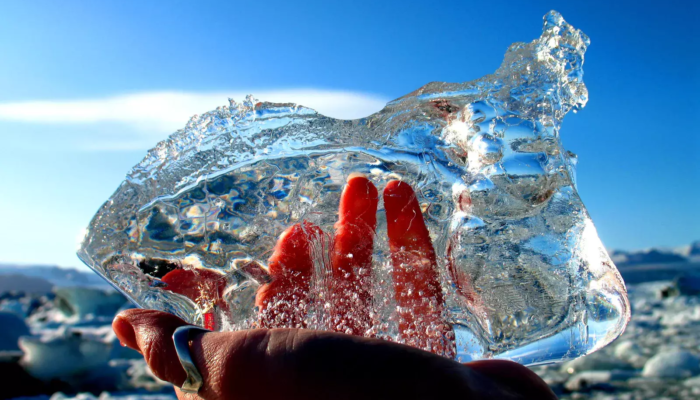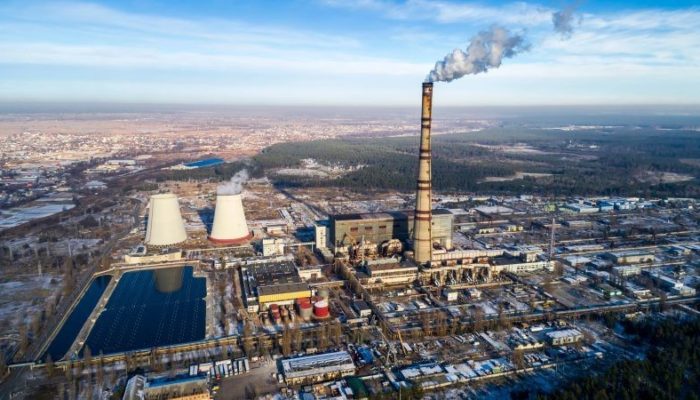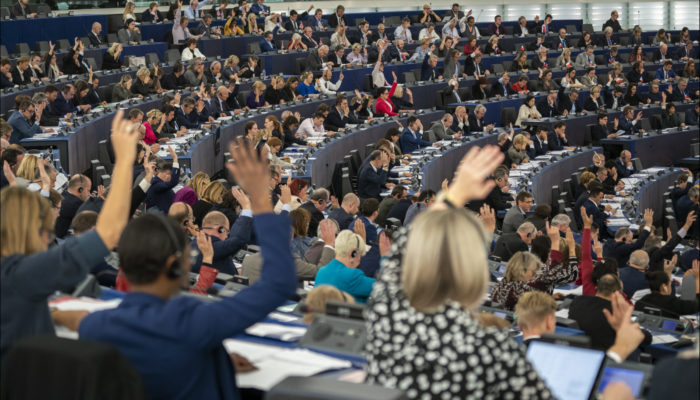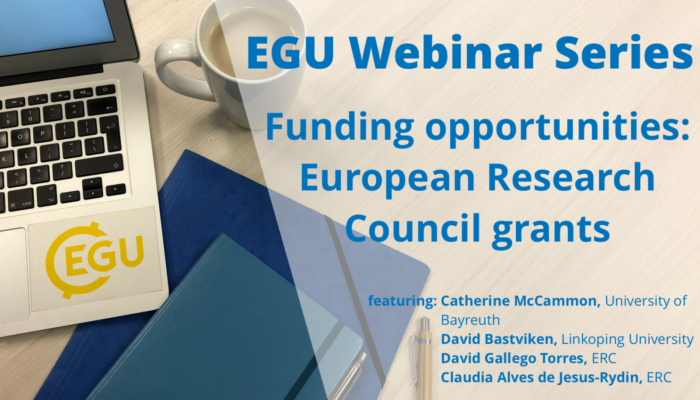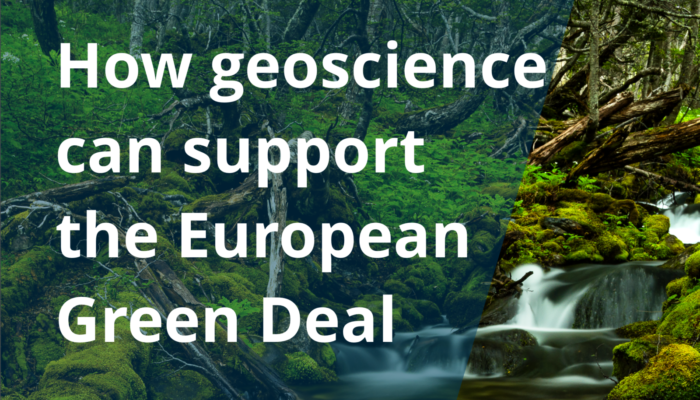The EGU’s #vEGU21 streamed a wide variety of virtual sessions from Short Courses to Union Symposia. While most #vEGU21 sessions had a specific scientific focus, a few highlighted topics that were of interest to geoscientists across multiple disciplines. The Union Symposia 3: “A Climate and Ecological Emergency: Can a pandemic help save us…?” was one of these sessions with a high level of participa ...[Read More]
If you didn't find what you was looking for try searching again.
GeoLog
GeoPolicy: When policymakers misuse science
Most of the EGU’s GeoPolicy blog posts focus on overarching topics that I believe will be useful for the majority of scientists who read them. I see myself as a facilitator who connects scientists and policymakers, providing impartial information to promote more effective knowledge exchange and subsequently evidence-informed policies. This month’s GeoPolicy post however, takes a differ ...[Read More]
GeoLog
GeoPolicy: Your guide to science for policy at #vEGU21!
The EGU General Assembly is the largest geoscience meeting in Europe. It has a wide range of scientific sessions that you can attend to gain a greater understanding about specific topics both within and outside of your research area. Every year there are also numerous non-scientific sessions that can attend to expand your network, diversify your expertise, and develop new skills – including those ...[Read More]
GeoLog
GeoPolicy: How to achieve policy impact
Last year, the European Commission’s Joint Research Centre (JRC) published their Science for Policy Handbook that provides advice on how to bring science to the attention of policymakers. The Handbook is divided into 19 Chapters covering different areas of science for policy as well as some of the challenges that scientists face when engaging with policy and potential solutions. This month’s GeoPo ...[Read More]
GeoLog
GeoPolicy: Social media is influencing our political behaviour, democracies, and scientific communities
A recently published report from the European Commission’s Joint Research Centre has found that our democracy is under pressure from the influence that social media has on our political opinions and our behaviours. What can be done to mitigate this and what could it mean for our democracy, society and scientific community? The pros and cons of living in an increasingly online world The COVID-19 pa ...[Read More]
GeoLog
GeoPolicy: Atmospheric Sciences and Climate: Past, Present & Future Divisions welcome the US back into the Paris Climate Agreement
As of 19 February 2021, the US officially re-joined the Paris Climate Agreement, a landmark international accord to limit global warming by 2°C (and ideally to 1.5°C) compared to pre-industrial levels. The Paris Climate Agreement aims to bring the world together to avoid catastrophic warming that will impact us all and to build resilience to the consequences of climate change that we are already s ...[Read More]
GeoLog
GeoPolicy: Europe’s Waste Policy – using Incinerator Bottom Ash and reducing landfill
Although you may not realise it, waste and the circular economy is an important topic for many geoscientists. Our consumption drives the need for resources and sustainable resource extraction, while disposing and reducing this waste requires a wide range of expertise and impacts the environments in which many scientists undertake their research. On a more personal level, understanding what happens ...[Read More]
GeoLog
GeoPolicy: EGU science for policy: what’s coming up in 2021?
There were a lot of big changes to the EGU’s science for policy programme in 2020 with many of our activities, such as the annual science for policy event and science-policy pairing scheme, moving online. But 2021 promises to be an even bigger year with a greater number of opportunities to engage and activities becoming even more accessible! So, if you haven’t engaged with science for policy befor ...[Read More]
GeoLog
GeoPolicy: European Research Council funding opportunities – Your questions answered!
The European Research Council (ERC) is a leading European funding body supporting frontier research, investigator-driven, across all fields of science.The ERC offers various different funding opportunities with grants budgets of €1.5 to €3.5 million for individual scientists with the sole criterion for selection being scientific excellence. In October, the EGU hosted a webinar that highlighted som ...[Read More]
GeoLog
GeoPolicy: How geoscience can support the European Green Deal
Earlier this year, the EGU hosted the Integrating science into the EU Green Deal event in collaboration with the Intergroup on Climate Change, Biodiversity and Sustainable Development to outline how the geosciences can most effectively support the European Green Deal and ensure its ambitious biodiversity and zero-pollution targets are reached. The event provided policymakers, scientists and indust ...[Read More]


